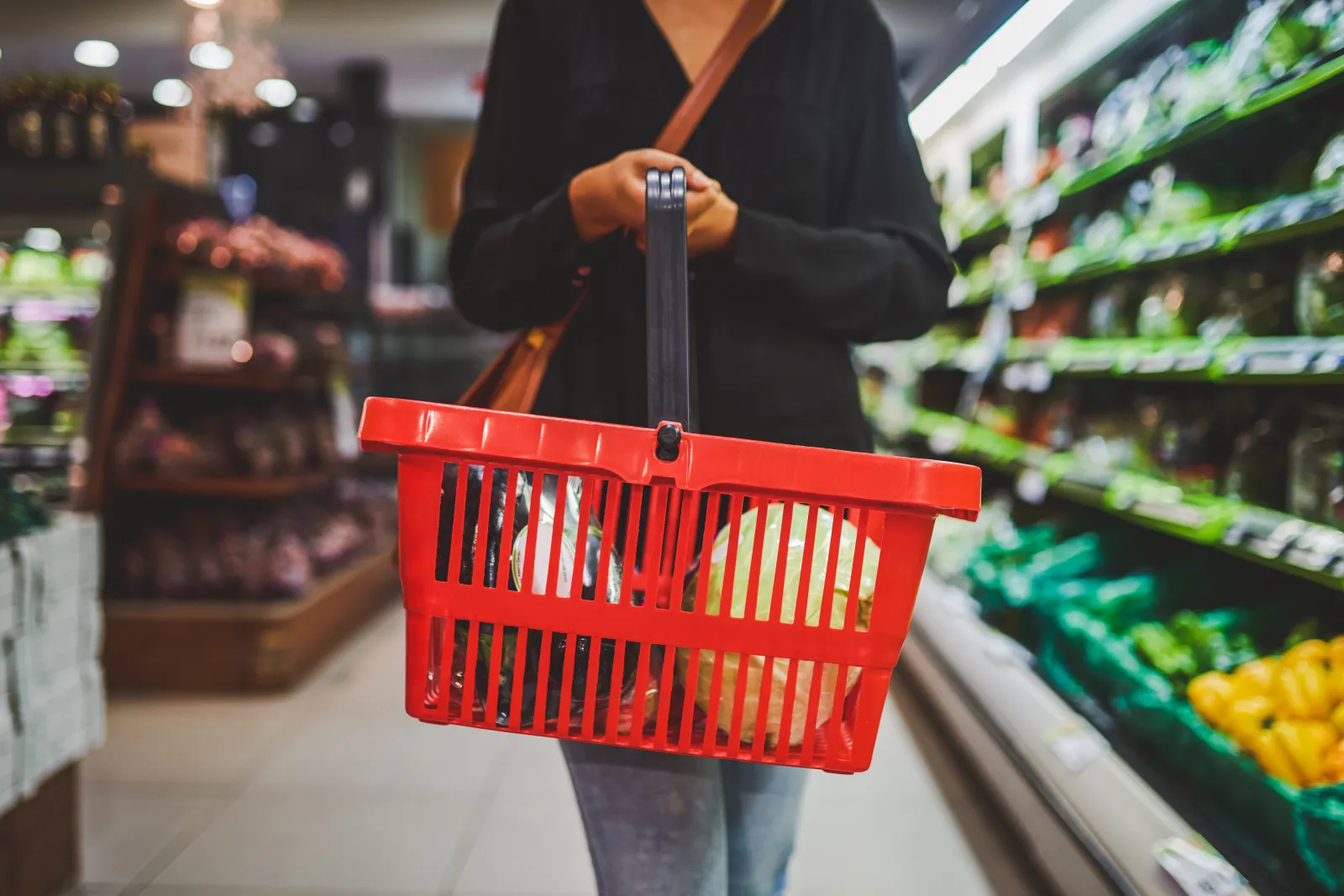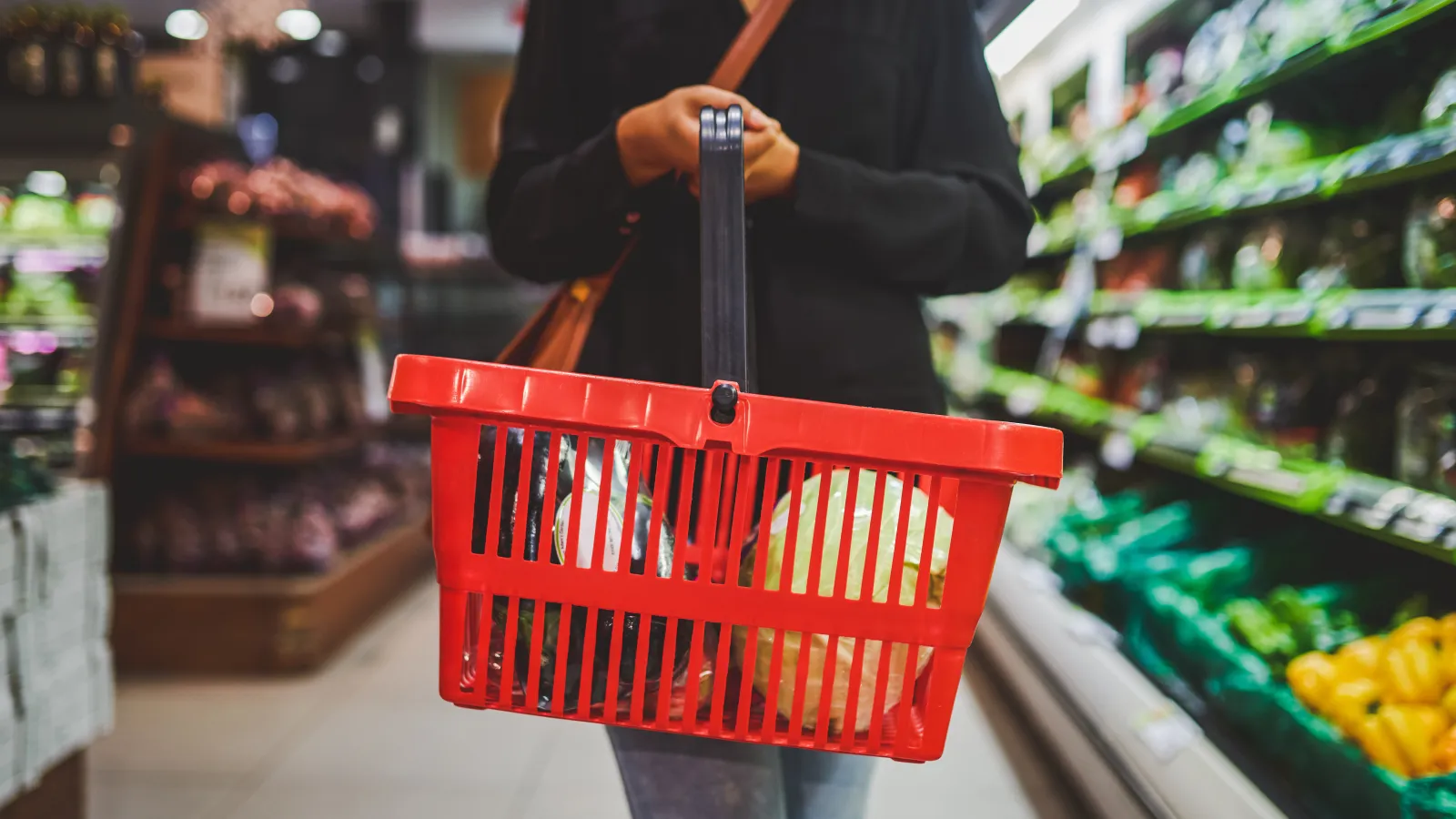
The report below gives a good overview of the Winter 2023 M&A activity in the Food and Beverage Industry Sector. The global food and beverage sector is impacted by factors such as geopolitical unrest, economic uncertainties, and supply chain disruptions. The price of food, groceries, and dining out has significantly increased because of inflation. The beverage industry has also witnessed volatility throughout the value chain because of raw-material shortages, growing operational costs, and distribution issues. Additionally, the demand for alcoholic beverages has continued to rise because of unchanged consumer habits. Consumer preferences are evolving at an accelerating rate, with an increased demand for health-driven food products and on-the-go snacks with additional nutrients. Product innovations such as pivoting to mocktails, subbing out sugar, and functional waters are also driving the growth of the beverage industry. Environmental sustainability is gaining importance in the food and beverage sector. The food and beverage industry is also witnessing a rising trend of green consumers especially influenced by the choices of Gen Z and millennials. In 2023, it is expected that the food and beverage businesses would diversify their raw material and supplier options to address supply chain disruptions. To address the challenges faced by global labor shortage in the food and beverage sector, companies are expected to automate their manufacturing process. For instance, companies are expected to utilize machine learning (ML) image recognition to enable robots to automate labor-intensive processes such as sorting, grading, cutting, and slicing. It is anticipated that the food and beverage sector is expected to grow due to digital transformations, higher value chain flexibility, and increased focus on evolving customer preferences.
Posted by Jurgen van Dijk.

